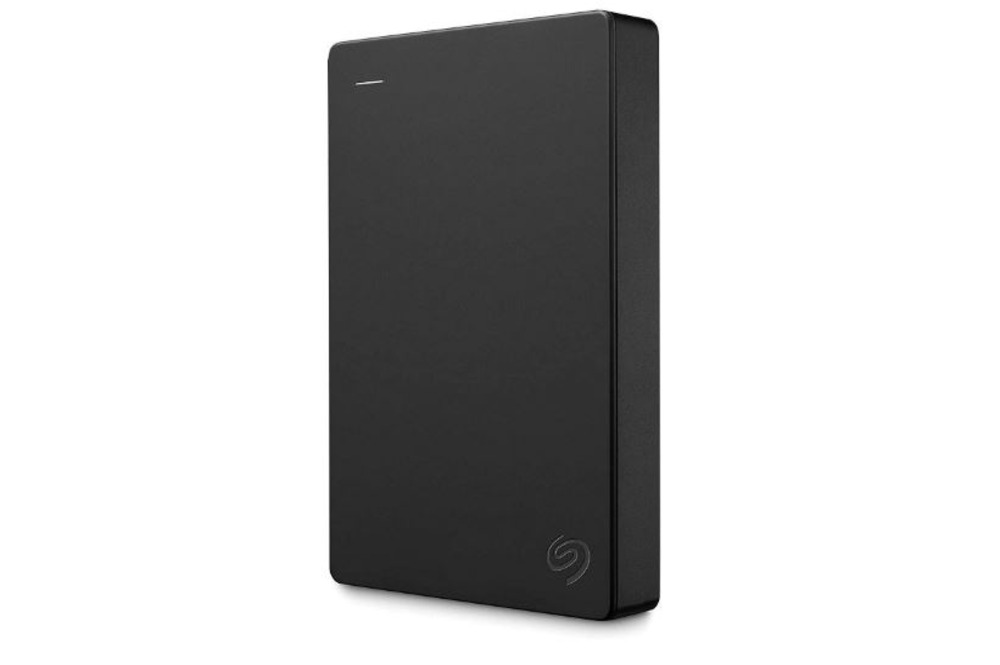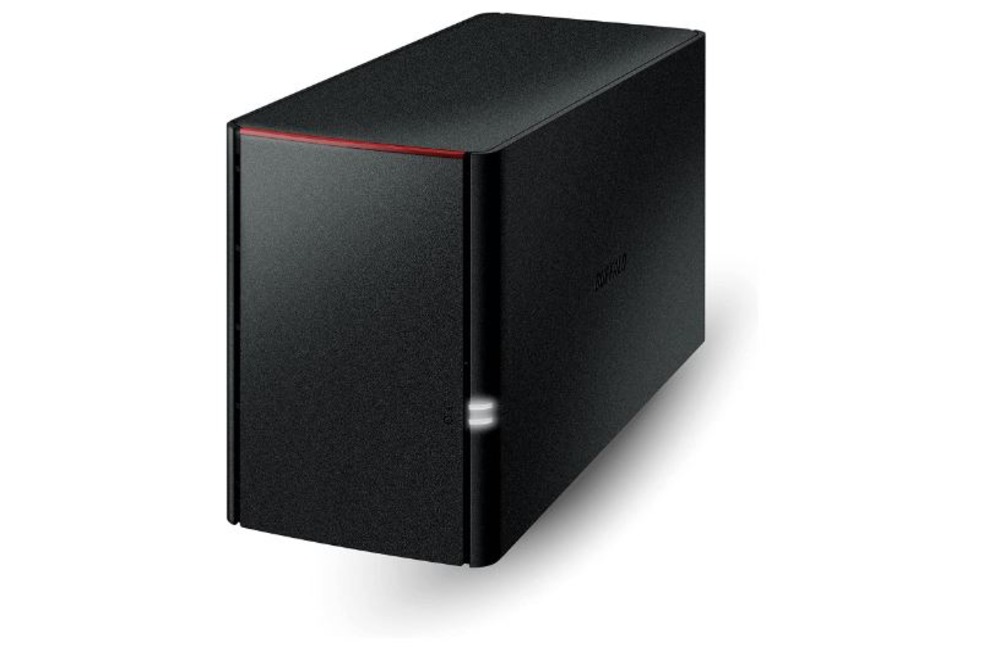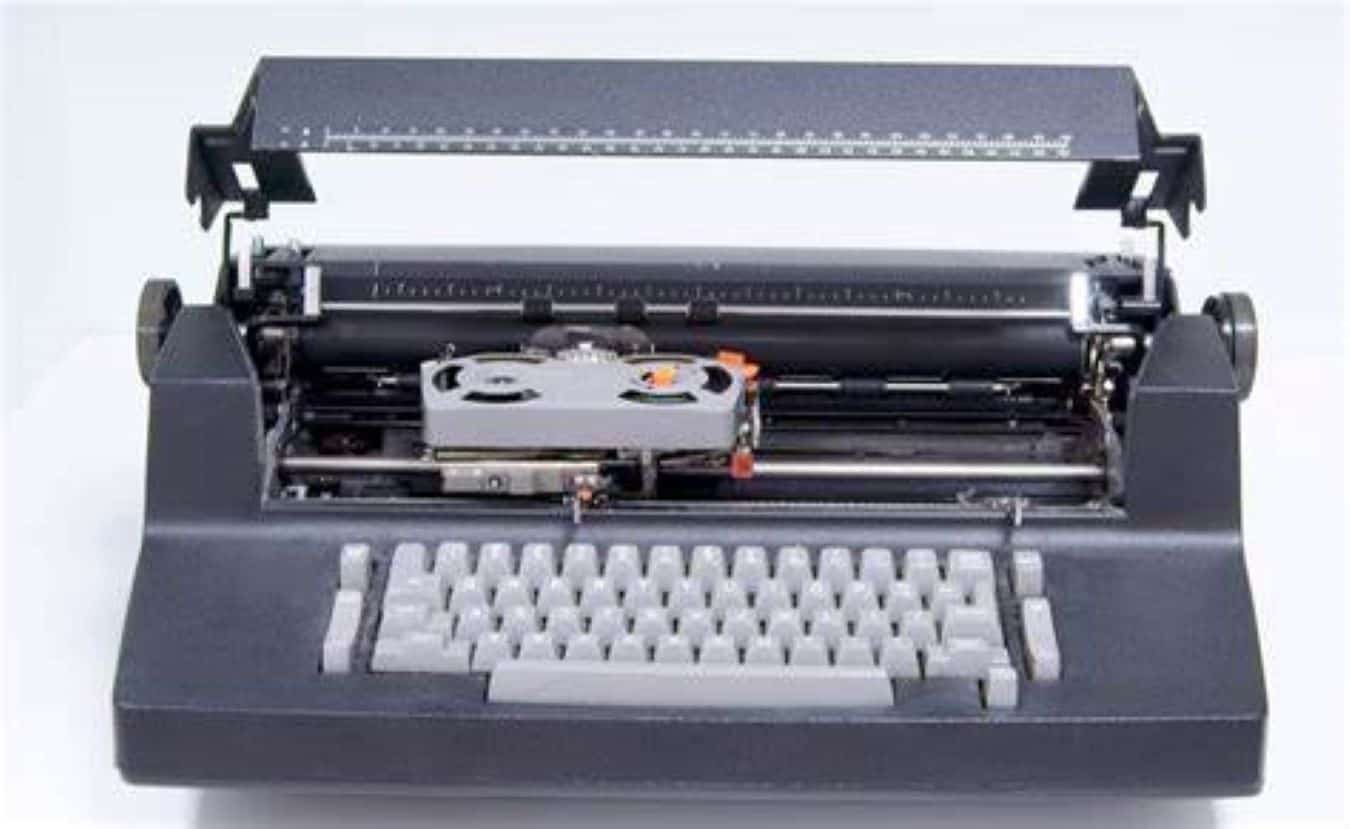Do you want the best cloud storage devices for your home? Then, read the 5 Best Cloud Storage Devices For Your Home to gain knowledge.
When buying cloud storage devices, this PowerVersity guide will assist you in making the best decision.
To make the reading simple enough, I will segment this post into sections.
First, I will list the 5 Best Cloud Storage Devices for Your Home, the pros and cons, and the factors to consider before purchasing the best cloud storage devices.
Also, I will show a comparison table and the specifications, as well as a brief description of all the products.
Furthermore, this detail will start with the 5th best of the 5 Best Cloud Storage Devices for Your Home and will move down to the overall 1st best.
However, this article will guide you to make the best choice while purchasing cloud storage devices.
Therefore, I urge you to settle in and take in this article as you pick up some useful new information.
5 Best Cloud Storage Devices For Your Home: Overview
Another name for cloud storage is utility storage. Cloud storage devices are data deposit devices or models for storing digital information.
It allows users to store digital data files on virtual servers. You can easily share and receive files from anywhere you want, and you can use them anywhere as well.
Also, people depend on it because of its ability to restore files and documents if something goes wrong. Cloud storage allows you to transfer data to an offsite storage system and access it when you need it.
However, it stores pieces of information such as documents, photos, videos, and a host of other forms of media files. These data deposited are stored on cloud servers that must be hosted by a third party.
In addition, it is maintained and operated by a cloud-based service provider.
In honesty, cloud storage offers a host of benefits, like large storage capacity, greater accessibility to data backup, and minimal costs.
Subsequently, it eliminates the need to purchase and manage your storage infrastructure.
Therefore, this offers users agility, global scale, and durability, and with that, let’s see how it works
How Does Cloud Storage Work?
The cloud is seen as a virtual data center and provides users with virtual storage infrastructure.
This virtual storage infrastructure can be scaled to the application’s requirements.
Users operate the cloud through a web-based API implemented remotely through its interaction with in-house cloud storage infrastructure.
It works by using at least one data server to which a user can connect via the internet. The user sends files to the data server, and it forwards them to multiple servers automatically or manually on the internet.
Then, this data is stored and can be accessed using a web-based interface.
Also, cloud storage involves a large number of data services to ensure the constant availability of these data.
Hence, your documents are saved elsewhere whenever the service requires maintenance or fails.
Let us proceed to the advantages and disadvantages of cloud storage devices.
5 Best Cloud Storage Devices For Your Home: Pros And Cons
The cloud offers so many advantages to individual users. Although it is fast becoming the most used storage environment of choice for enterprises,.
Clouds have several benefits as well as drawbacks over traditional storage systems.
Below are a few of them.
Pros
Accessibility And Flexibility
Accessibility is the most evident benefit of cloud storage devices.
Cloud, as the name implies, means that your data is available everywhere you need it.
It also means that your data is not tied down to one location or storage. This is a great relief for one to get through anything they want at any time.
Also, it is heartwarming, that your data is safe and as free as the air. You do not have to go through the hassles of installing or downloading any app before you get your files.
This gives you access to your assets stored in the cloud.
Remote management support
IT teams, or managed service providers (MSPs), are supporters of cloud storage. Cloud storage paves the way for remote management, and they can troubleshoot without being present on-site.
This enables the systems to speed up issue resolution.
Fast scalability
This is another unique benefit of cloud storage devices.
Clouds make provision for new resources with only a few clicks. You don’t have any additional infrastructure to get a new resource.
Whenever additional information is needed or data needs to be uploaded or added, clouds make provisions for that.
Therefore, the cloud guarantees an increase in data volumes to aid your business continuity.
Redundancy for backup
Data redundancy means replicating the same data in multiple locations. On every storage device, data redundancy is essential for an effective backup mechanism.
Here, the cloud secures your data in a remote location in case of a natural disaster, accident, or cyberattack.
Long-term cost savings
Longevity and cost savings are other benefits of using a cloud storage device.
Apart from the minimal cost of purchasing cloud storage devices, the hardware also saves costs in the long run.
It significantly saves on the costs of hardware equipment, storage facilities, power supply, and personnel.
All these parameters and costs multiply as the organization grows, which cloud storage can solve.
Cons
Apart from having the above advantages, below are the various drawbacks of cloud storage devices.
Risk of hackers
There is a risk of vendor lock-on or hackers stealing your data, especially if it is stored on a single public cloud platform.
To avoid this, it is necessary to use a hybrid or multi-cloud blueprint where there is sufficient interoperability between environments.
Security issues
Security of files and data is another drawback cloud storage devices have.
They may be vulnerable and insecure if you are using a public cloud environment. Also, it will multiply your security vulnerabilities if it is shared by multiple tenants.
Outage and Downtime risk
When external providers manage your cloud platforms, they could suffer from an outage. It could also render the data and applications inaccessible in the environment.
Short-term budget overruns
Cloud computing is costly on a short-term basis.
Also, it could multiply where data storage and storage processes occupy more space than estimated.
5 Best Cloud Storage Devices For Your Home: Features and Factors To Consider
The following are factors to consider when selecting cloud storage devices and providers:.
Storage space
When selecting the type of cloud to use and the cloud storage provider, the storage space matters.
You need to consider this because the amount of data your business has will determine the storage space.
You cannot run a small organization using a space for a large firm. For instance, a small firm of 300 employees can not opt for public cloud storage services of over 15GB.
This public storage is meant for the largest firm to use.
Maintenance and uptime
You will also need to consider the maintenance that cloud storage requires.
Clouds need maintenance to ensure data storage is secure.
Also, issues and challenges like downtime and network failures can occur at any time.
Security
Secured data and file free from hackers and theft is one of the importance of the cloud.
So, if the cloud storage security or data protection is low then it is of no essence.
You need to ensure that security and protection are guaranteed on the cloud you will use.
Speed
Speed is essential when planning which cloud storage device to use. How fast downloads are from the could have a major impact on business
Also, ensure that cloud providers do not place a cap on the download speed, data retrieval, or running application. If not, all activities on the cloud will be slow and will take longer.
Hence, you have to gauge the cloud storage download speeds of a cloud provider before buying any storage space.
5 Best Cloud Storage Devices For Your Home: Specification And Comparison Table
| Product Name | Hard Disk Size | Hard Disk Interface | Compatibility | Read Speed | Connectivity Technology |
| Synology 2 bay NAS DiskStation DS220 | 2 GB | Raid | Smartphone, Television, Laptop, Desktop, Camera | 225 Megabytes Per Second | Network (RJ-45), USB |
| WD 4TB My Cloud Home Personal Cloud | 4 TB | USB 1.1 | Laptop, Desktop, Smartphone | NIL | USB, Ethernet |
| Seagate Portable 5TB External Hard Drive HDD | 5 TB | USB 3.0 | Gaming Console, Desktop | 120 Megabytes Per Second | USB |
| WD 8TB My Book Desktop External Hard Drive | 8 TB | USB 3.0 | Desktop | NIL | Bluetooth |
| BUFFALO LinkStation SoHo 220 12TB 2-Bay | 12 TB | Desktop | NIL |
5Synology 2 bay NAS DiskStation DS220

Synology 2 bay NAS DiskStation DS220 is 5th on my list of 5 Best Cloud Storage Devices For Your Home.
This 2GB cloud storage device features dual 1GbE LAN ports with link aggregation enablement. It provides over 225 MB/s sequential read and 192 MB/s sequential write throughput.
Also, it has an Intel dual-core processor with an AES-NI hardware encryption engine.
Furthermore, it uses RAID 1 disk mirroring to prevent sudden drive failure.
However, it has an average 15% performance boost compared to photo indexing and other computer-intensive operations.
Lastly, it guarantees access, sharing, and sync of data easily across different operating systems and devices.
Pros
- Intel dual-core processor.
- Average 15% performance to boost operations.
- Two camera licenses were installed.
- easy to access, share, and sync your data to different operating systems.
- 2 GB of DDR4 memory (though expandable to 6GB).
Cons
- It comes with a high price tag.
- Also, it has no warranty.
4WD 4TB My Cloud Home Personal Cloud

4th on my list of 5 Best Cloud Storage Devices for Your Home is the “WD 4TB My Cloud Home Personal Cloud.”.
This cloud storage device has one central place to store all your photos, videos, music, and files.
Also, it has a quick and simple setup from your phone. Your device comes with an AC adapter, a quick install guide, an Ethernet cable, and personal cloud storage.
In addition, it is the best with its backup for photos and videos on your phone.
Finally, it offers backup for all the PC and Mac computers under it.
Pros
- One central place for storage.
- Quick and simple setup and installation.
- Compatible with phones.
- Auto backup for your data.
- Also, backup all your PC and Mac computers.
Cons
- Not ideal to use as a media server.
- It may be difficult to organize your photo.
3Seagate Portable 5TB External Hard Drive HDD

Coming 3rd on my list of 5 Best Cloud Storage Devices For Your Home is the “Seagate Portable 5TB External Hard Drive HDD”.
This is a higher and larger storage capacity cloud storage. It has 5TB to store files and data with its Seagate portable drive.
For easy access, it is designed to work with Windows or Mac computers. This is to use its external hard drive to backup data as soon as possible with just a snap.
Also, it comes with automatic recognition software that connects to your portable hard drive once it is set up on a computer.
Lastly, it provides plug-and-play access using the 18-inch USB drive or 3.0 cable.
Pros
- 5TB storage.
- compatible with Windows or Mac computers.
- Backup files with just a snap.
- Easy connection of hard drives with computers.
- It comes with an 18-inch USB 3.0 cable.
Cons
- Sometimes, the information on the drive will not show up.
- Also, there is no warranty.
- Another thing is the drive not getting recognized.
2WD 8TB My Book Desktop External Hard Drive

2nd on my list of the 5 Best Cloud Storage Devices for Your Home is the “WD 8TB My Book Desktop External Hard Drive.”
The WD 8TB My Book Desktop External Hard Drive comes with 256-bit AES hardware encryption for better service.
Also, it has a super-fast USB of 5 Gbps that is compatible with USB 2.0.
In addition, it has incredible software for device management and backup with password protection.
Pros
- Massive storage capacity.
- Device management software.
- Data backup
- Unique software protection feature.
- 256-bit AES hardware encryption.
- Super speed USB.
Cons
1BUFFALO LinkStation SoHo 220 12TB 2-Bay

The BUFFALO LinkStation SoHo 220 12TB 2-Bay is the 1st and best product on my list of the 5 Best Cloud Storage Devices for Your Home.
The Buffalo is a small office and home network storage device useful to store, share, and back up your files.
It has hassle-free installation and does not require a computer to be set up.
Also, when you purchase this device, it comes with a free subscription to your personal cloud. You don’t have to worry, as it does not have storage charges for your data and files.
More so, it is capable of backing up multiple computers and devices and has automatic backups for the data.
Another advantage is how well it secures your data and keeps it safe from any harm.
Furthermore, all your files and data are shareable with any unwanted intruder getting access to your files.
In addition, the extended 12 TB total storage capacity with RAID automatic backup helps you to use all your space as your want.
Pros
- Home and office network storage.
- Easy installation.
- Free subscription for your personal cloud.
- Back up with multiple computers and devices.
- Sharing files with family and friends on cloud storage is secured.
- 12 TB storage capacity.
Cons
- There is no partition to maintain space allocation.
- Sometimes, the shared password is hard to set up.
Frequently Asked Questions
1. What Are Cloud Storage Devices?
Well, cloud storage devices do not necessarily mean they are stored based on the cloud but they are devices that have cloud servers to store data, documents, photos, videos, and files either for public or private users.
2. Can I Set Up Cloud Storage At Home?
You can either set up cloud storage for your personal or public use and examples of cloud storage are Apple (I cloud) and the like. So definitely, you can set up cloud storage for your personal use at home.
3. What Are The Types Of Cloud Storage?
There are 4 different types of cloud storage depending on which and why you want to purchase them. However, cloud storage includes private cloud storage, public cloud storage, hybrid cloud storage, and multi-clouds.
4. Do You Need WiFi For Cloud Storage?
Yes, of course, uploading files and storing other forms of documents requires an internet connection and cloud storage is not in any way different. Thus, it surely needs an internet connection like WiFi to function.
5. What Documents Cannot Be Kept In Cloud Storage?
Yes, it is true that cloud storages are for storing documents and files but not all documents can be kept in storage. Examples of documents that cannot be kept in cloud storage are your medical and health files.
5 Best Cloud Storage Devices For Your Home: My Final Thoughts
Above are my 5 Best Cloud Storage Devices For Your Home with their specifications, pros, and cons. Thus, I trust that with the very given information, you can decide which of the 5 Best Cloud Storage Devices For Your Home you will love to get.
However, based on my research, I have picked the “BUFFALO LinkStation SoHo 220 12TB 2-Bay” as my Best Cloud Storage Devices For Your Home.
I really hope you found our buying guide for the 5 Best Cloud Storage Devices For Your Home useful.
Please review this buying guide using the “Leave a Reply” form at the bottom of this page if you found it useful.
You might like to read more articles similar to this one. Please visit the following pages.
References And Further Reading
cloudwards.net: The Best Personal Cloud Storage Devices for Home Media
tomsguide.com: Best cloud storage
wired.com: The Best Cloud Storage Services







